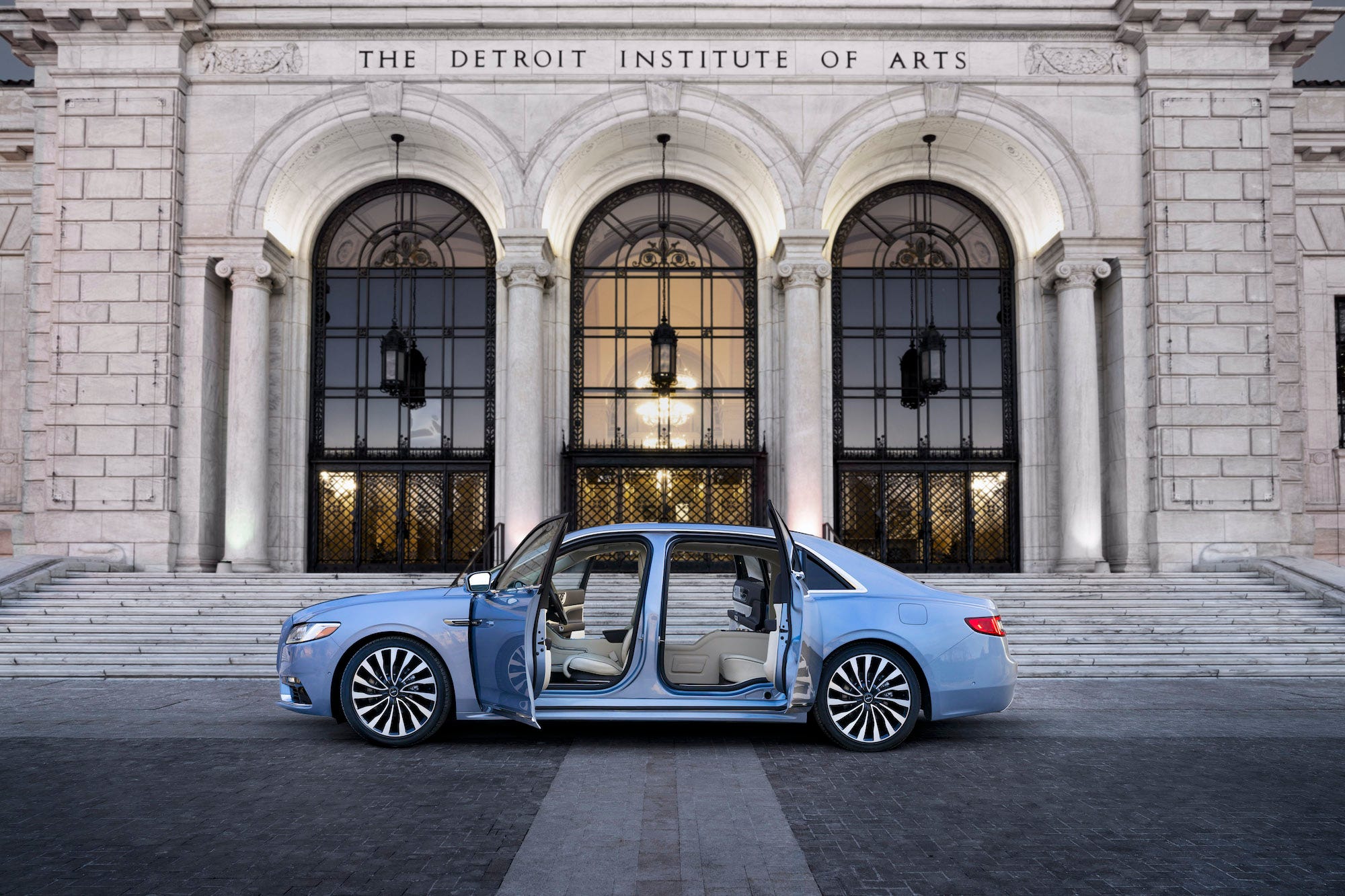- Lincoln announced earlier this year that it would stop building the Continental and MKZ at the end of 2020.
- After that, Lincoln will be left with an all-SUV lineup.
- But this makes perfect sense because sedans aren’t selling and Lincoln’s SUVs are extremely capable and luxurious.
- Visit Business Insider’s homepage for more stories.
Historically, Lincoln and Cadillac have a lot in common. They’re both luxury arms of two of Detroit’s Big Three: Ford and General Motors, respectively. And they’re both synonymous with old-school American luxury.
But as we move further and further away from the 20th century, those sentiments are fading into the past. As far as adapting to survive in 2020’s luxury market goes, Lincoln clearly has a plan and is willing to make some sacrifices to pull it off.
The company’s recent announcement that it would kill off one of its most iconic nameplates, the Continental, is proof of that.
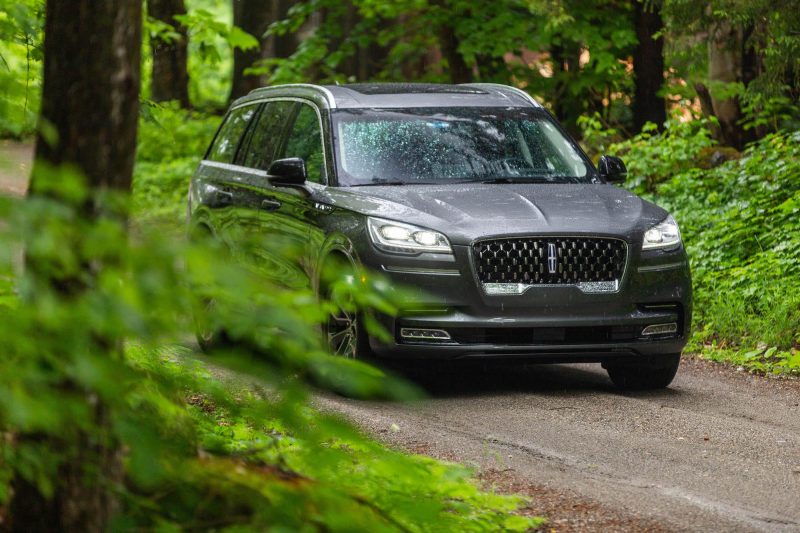
Both Lincoln and Cadillac enjoyed an iconic heyday of status. Lincoln Cosmopolitans and Continentals ferried presidents like Harry Truman and John F. Kennedy from the 1950s through the 1970s. Cadillac Fleetwoods - President Bill Clinton's presidential state car - served from the 1980s to the early 2000s.
Indeed, when something is luxurious or exclusive, we tend to say it is "the Cadillac" of its kind.
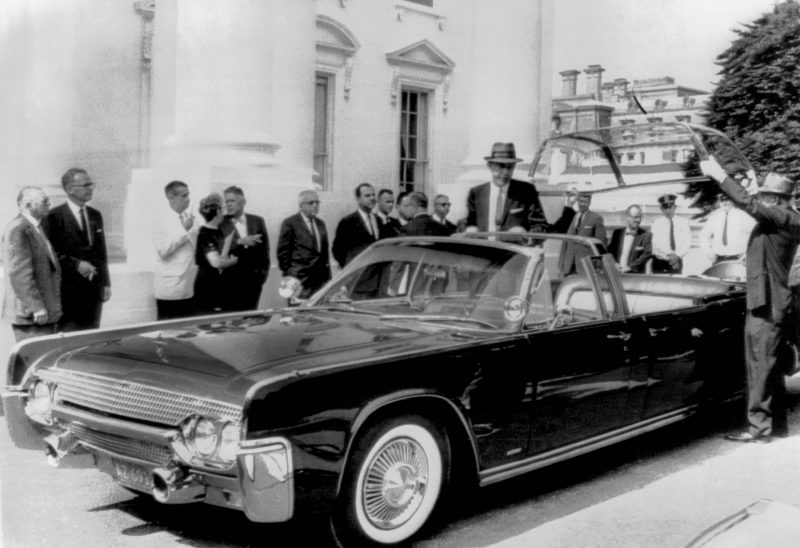
But whereas Cadillac appears to be going through an identity crisis - is it a premium luxury car brand or a sporty, performance brand? Is it a New York City-based company or a Michigan-based company? Is it an electric-car brand now? - Lincoln has quietly assumed its position in the market as a premium luxury brand, seemingly unconcerned with competing against the Germans or Tesla.
And premium luxury in 2020 does not mean vast sedans with fins like it did in the '50s, '60s, and '70s. The idea has been reshaped instead to mean hulking SUVs that achieve the approximate size and weight of a small shed.
This wasn't something that happened overnight. As Business Insider's own Matthew DeBord wrote in 2016, Lincoln introduced the Navigator in the late 1990s. It was the brand's first big, luxury SUV and was intended to cash in on the SUV frenzy taking automakers into the new millennium.
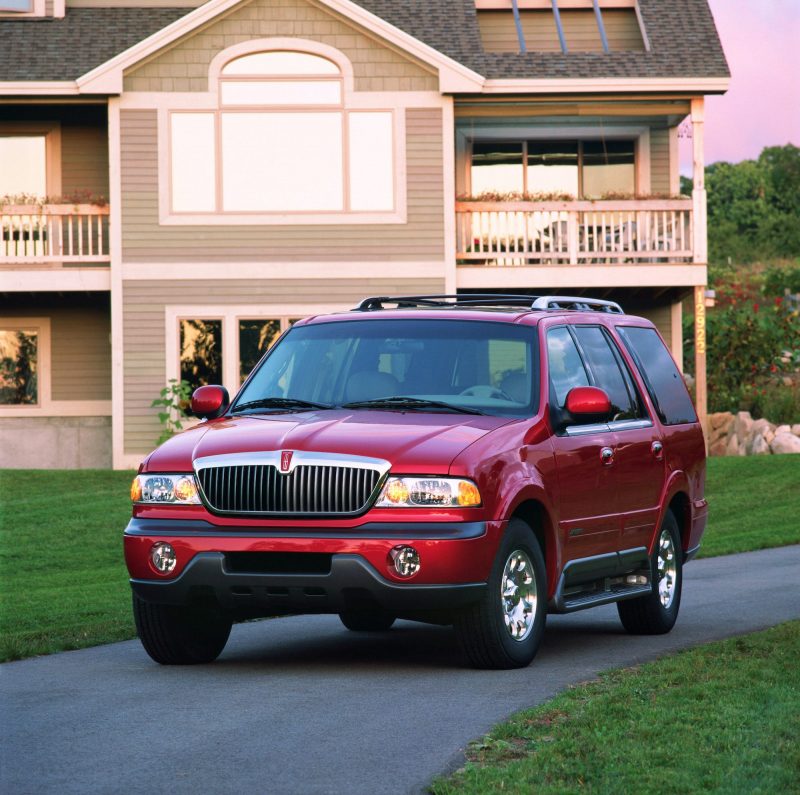
Lincoln was dealt a double blow soon after. In 2009, when gas prices rose to nearly $5 a gallon in California, it spelled almost certain death for cars like the Navigator. The cool factor Lincoln rode on thanks to the Continental had all but dried up. Besides the Navigator, the brand struggled with notable cars, and it didn't help that most of them were named like they had been dredged up from alphabet soup: MKS, MKT, MKX, MKZ.
The Lincoln Town Car was the choice vehicle of taxi drivers in New York City. Not exactly glamorous.
But Ford made a decision. Rather than kill off Lincoln like it did Mercury in 2011, it kept Lincoln around and orchestrated a comeback. Mercury competed with the likes of Buick. Lincoln was the premium brand, so Ford could charge more for the cars. Hopefully, people would go for them.
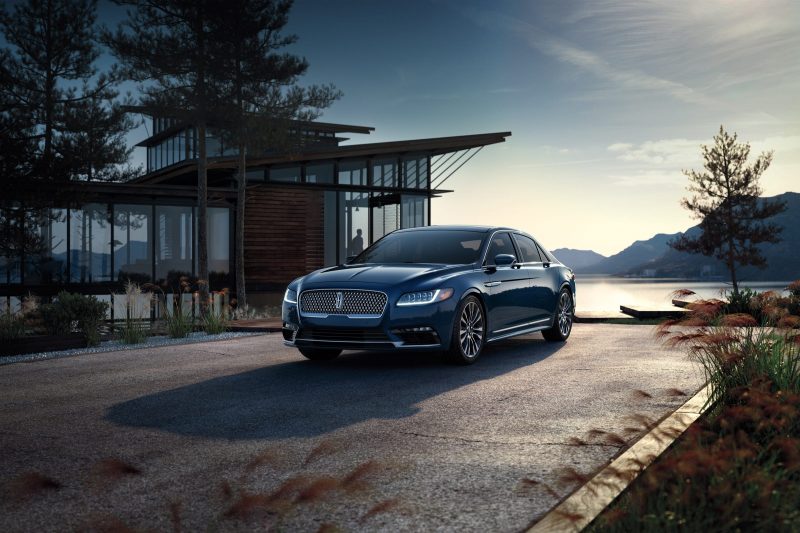
After a 14-year absence, Lincoln brought the Continental sedan back in 2016. It was welcomed with fanfare by journalists. It wore what would become Lincoln's new corporate face: a recessed, unfussy rectangular grille that was a welcomed relief from the dreadful waterfall grille that dominated the 2000s. But by that point, SUVs were leading car sales in the US, not sedans.
Soon after, the fourth-generation Lincoln Navigator debuted in 2017. I reviewed it when I was still working at Jalopnik and loved it.
Maybe the Continental was Lincoln's flagship once upon a time, but it was plain as day that the Navigator had moved into the top spot. Its power, quality, interior, and price all spoke to a premium luxury product - and one that knew it, too. Lincoln was no longer duking it out in lunchroom squabbles in Detroit with GM or Chrysler; this was world-class luxury now.
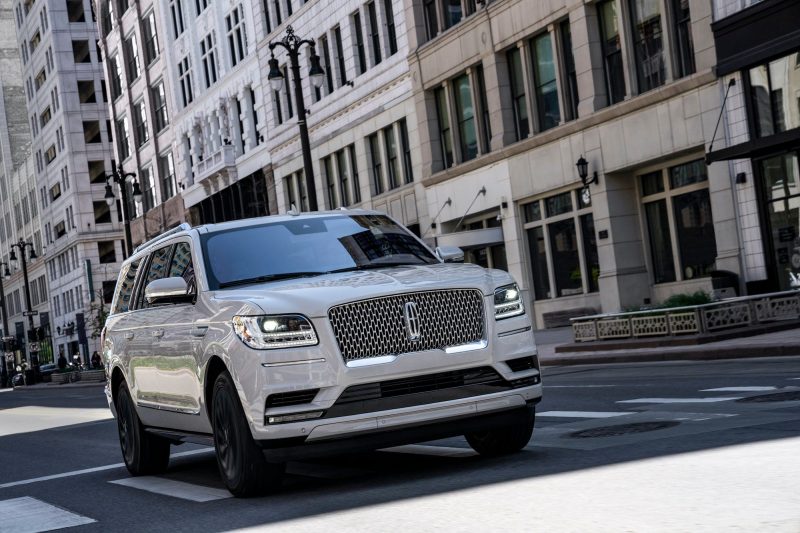
So when Lincoln decided that it will cease production of the MKZ and the Continental sedan - arguably its most famous nameplate - by the end of 2020, it was disappointing but unsurprising.
Lincoln has spent recent years ridding itself of confusing alphanumeric names and building out its SUV portfolio. Joining the Navigator was the three-row Aviator SUV (also excellent; review here), the Nautilus midsize crossover (formerly MKX), and the Corsair compact crossover (formerly MKC).
Pushed to the end of its lineup were the Continental and MKZ, the latter of which I have seen zero actual people own except for limousine companies.
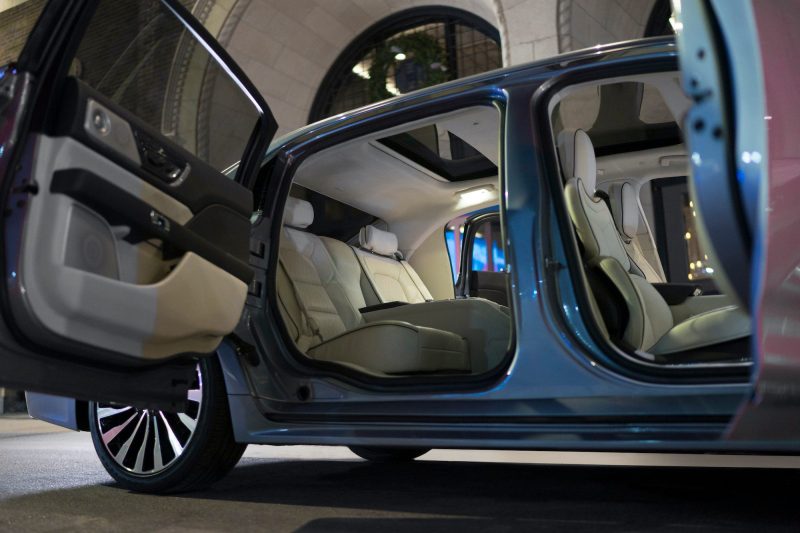
The MKZ harkens back to a dark point in Lincoln's history, but I can't help but feel a little nostalgic for the Continental. It's the executive, stately sedan that sported awesome suicide doors, was once the President's ride, and even offered V12s in the 1940s.
But rather than mire itself in nostalgia, which makes sentimental nerds like me feel good but doesn't actually sell any cars, Lincoln made the business decision to just axe the Continental altogether.
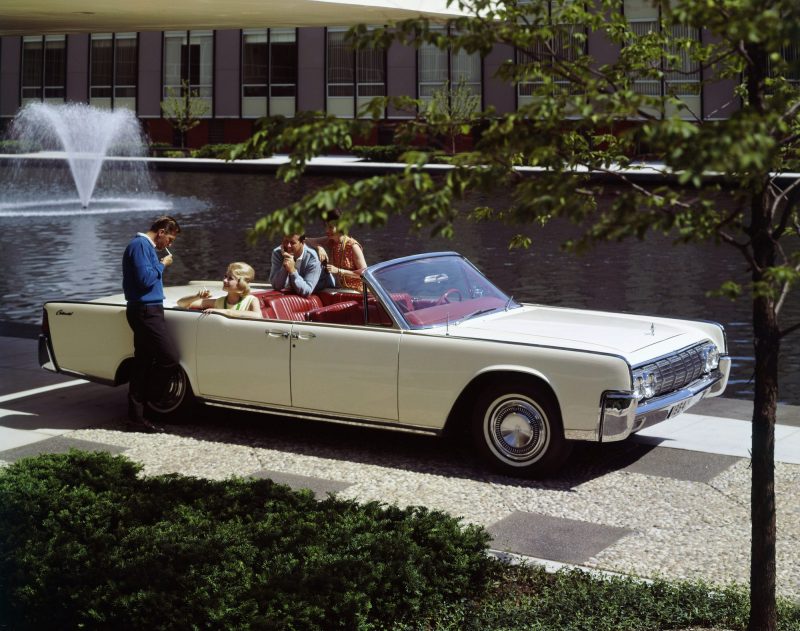
The numbers support the move: In 2019, Lincoln sold 87,893 SUVs and just 24,311 sedans. Those SUV numbers are likely to just get higher, since the Aviator wasn't even available until midway through 2019.
Thus, canceling its remaining sedans completely falls in line with Lincoln's slow push to define the space it occupies. It makes sense. Once the MKZ and Continental depart, Lincoln will have an all-SUV lineup with new names and sleek looks. It'll be nearly unrecognizable from the stodgy brand of the early 2000s. Consumers will be greeted by a single, unified message of what Lincoln's idea of premium American luxury is supposed to look and feel like.
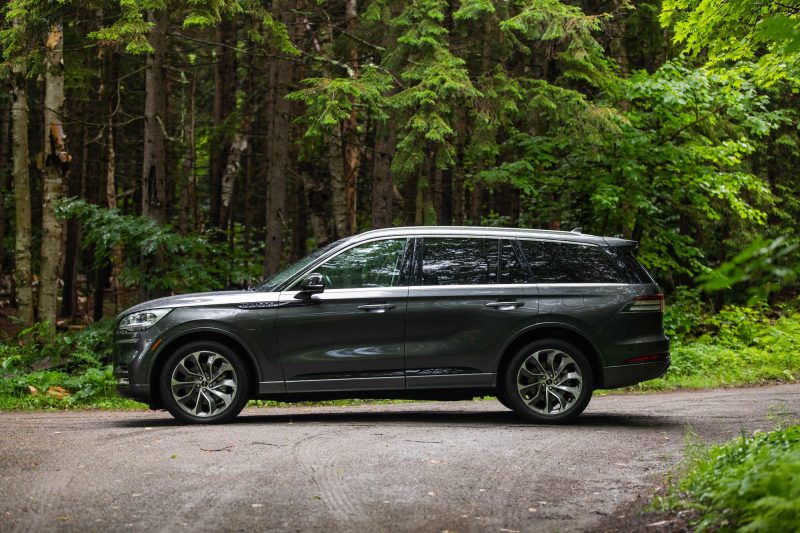
So pour one out for the Continental. Will anyone actually miss it? Hard to say, but probably not. Buyers certainly won't. With the Navigator and Aviator as quality and impressive as they are, I can't really see a customer feeling torn by a sedan when such capable SUVs exist right next to it. That's not how people shop these days.
The company is certainly putting all of its eggs in the SUV basket as if gas being $5 per gallon is a distant memory - and as if it couldn't easily happen again. It's a tremendous bet that the ground won't be torn out from under SUVs again like it was a mere 10 years ago.
But for now, it's what people are buying. So give them what they want.

